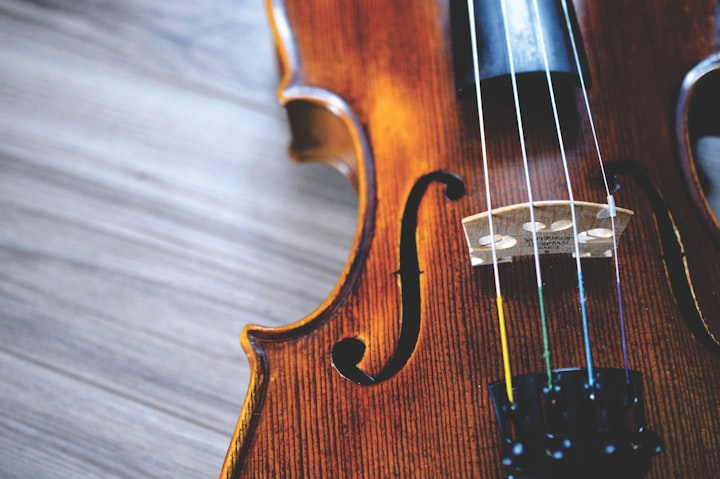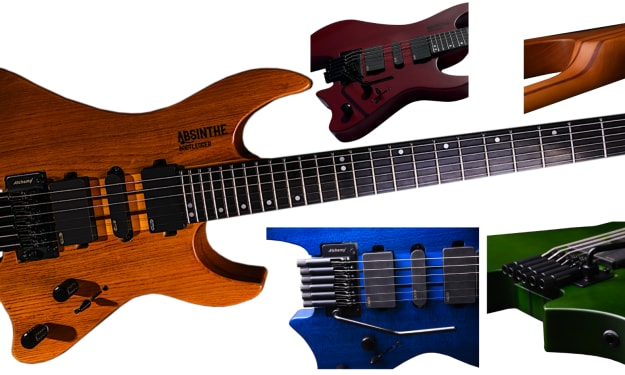What is the Difference Between a Cello and Violin
All described ;)

Thanks for watching What is the Difference Between a Cello and Violin!
Whether you’re trying to decide between learning cello and violin, or if you just like learning new information about music, we discuss the differences between violin and cello in this video.
Firstly, there is some relatability between the two instruments, as they are both tuned in fifths. The difference is a violin’s high string is an E string, not A, and it only goes down to G, not C.
So you could somewhat treat the violin as a scrunched up version of cello bowings.
However, for the most part this is not the case. As you’ve probably observed, the violin is held up at the neck, and is much smaller. This means that the posture and hand shape are completely different.
Also, you’re not only bowing at a different angle, you are bowing in a way backwards of the cello, as on violin the high string is on your right, but when you play cello it’s on your left.
They truly have a very different performance history.
The violin and cello are part of the same instrument family, viola da braccio. Braccio means arm, so “arm fiddle” essentially. The cello is not, as some think because of how it’s held, descended from the viola da gamba, another instrument family.
The instruments in the viola da braccio family are the violin, viola, and the violoncello or cello for short. These instruments have existed in their modern form for about 250 years, though it’s still possible to find earlier versions.
If trying to decide which to learn, consider the following. The violin is much easier to move around, and tends to be less expensive than cello. However, the music you’d be expected to play is much faster, as your fingers being close together and thin strings mean more versatility.
If you have thick fingers, maybe cello is better. Or if you love thick, slow melodies, cello is better. But if you want an agile instrument to play pretty melodies on, violin could be the way to go!
While we’re talking about it, the other possibility would be to learn viola.
Viola often gets the short end of the stick, but it is a beautiful instrument when mastered, and still plays an important role in orchestras and string quartets providing a darker tone for midrange harmonies.
It could be nice to learn if you have bigger fingers and want the smaller instrument, as it is larger than a violin. It also has more compatibility with the cello, as its strings are the same, just an octave higher up.
One of the helpful discussions this brings up for cello is what “bass” means in a musical context. When a cello is in a string quartet or string orchestra, it plays the low end.
This means simpler, slower musical lines, typically. It also means more parts that are the “roots” of the chords. In a chord, the name of the chord is its root, the most stable, basic note of the chord around which all the other notes give color and “meaning.”
Understanding root motion, as it’s called to go from chord to chord via this root note, is something that will then come more naturally to cellists than violinists.
In contrast to this advantage, understanding reading fast musical parts, or how to shape a melody, can be a little harder than with violinists.
And so bass instrument players - whether cello or double bass - should spend some time really learning how melody gets shaped, and use the greater chordal knowledge to understand musical context of a melody.
Whichever you choose, we hope you’ll stick around this channel for more lesson videos. Check out Justin’s cello playing at Justin Lepard Cello, and leave a comment below with any questions.





Comments
There are no comments for this story
Be the first to respond and start the conversation.